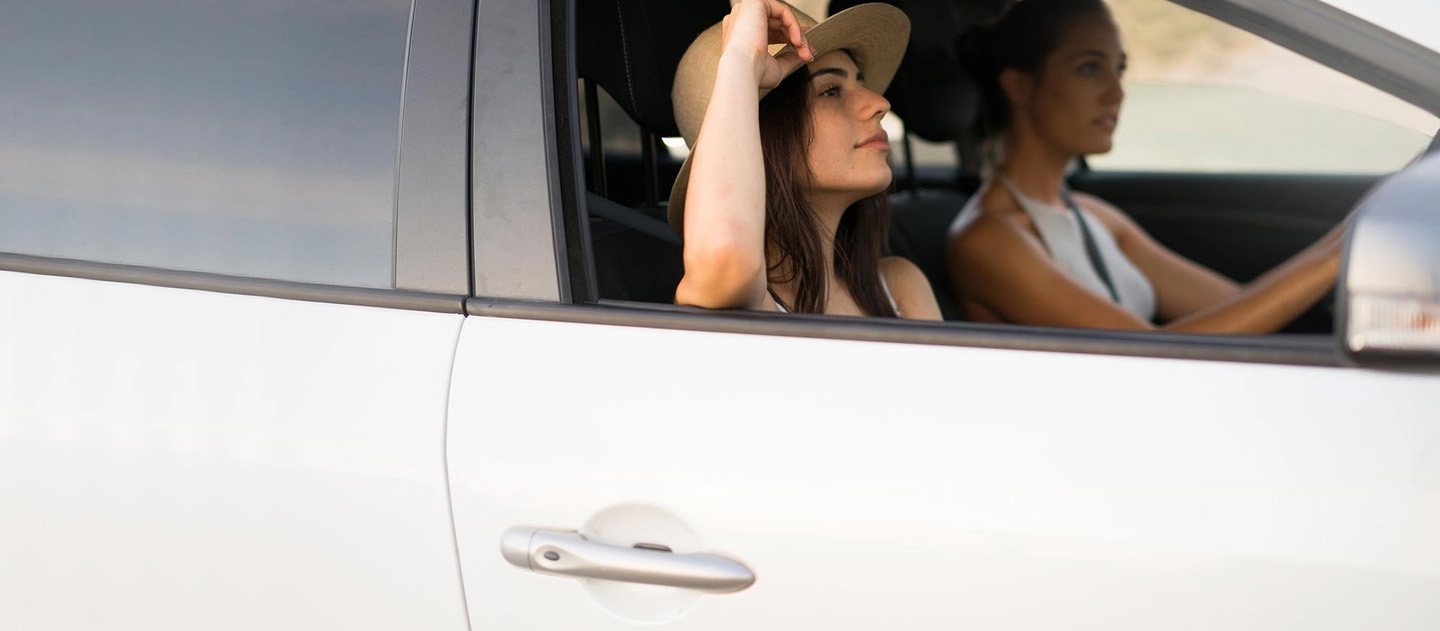Something to Discover

Explore more articles

How to winterize a boat

How to winterize an RV
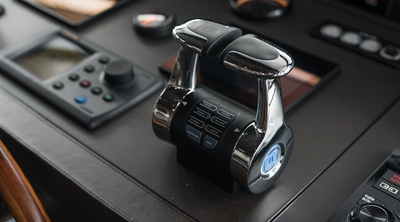
Best boat electronics to keep on board

How to anchor a boat

How to dock a boat

What is an interlock device on a motorcycle?

How to live in an RV full-time

What happens if I get an out-of-state speeding ticket?

Drunk driving prevention tips

How does a water pump work?
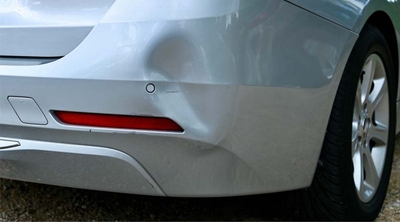
When do most car accidents happen?
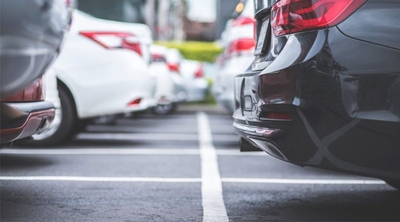
Parking lot safety

Puppy vaccination side effects: What to expect after your puppy gets their first shots
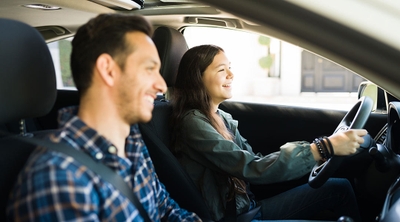
How to set rules for my teenage driver

Why should you take breaks on motorcycle road trips?
